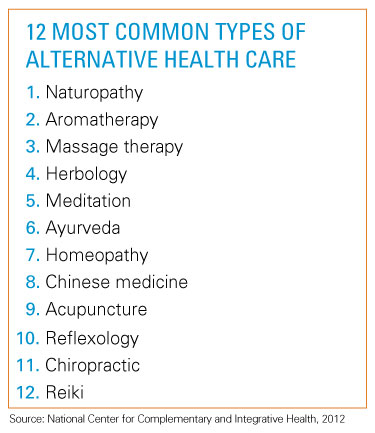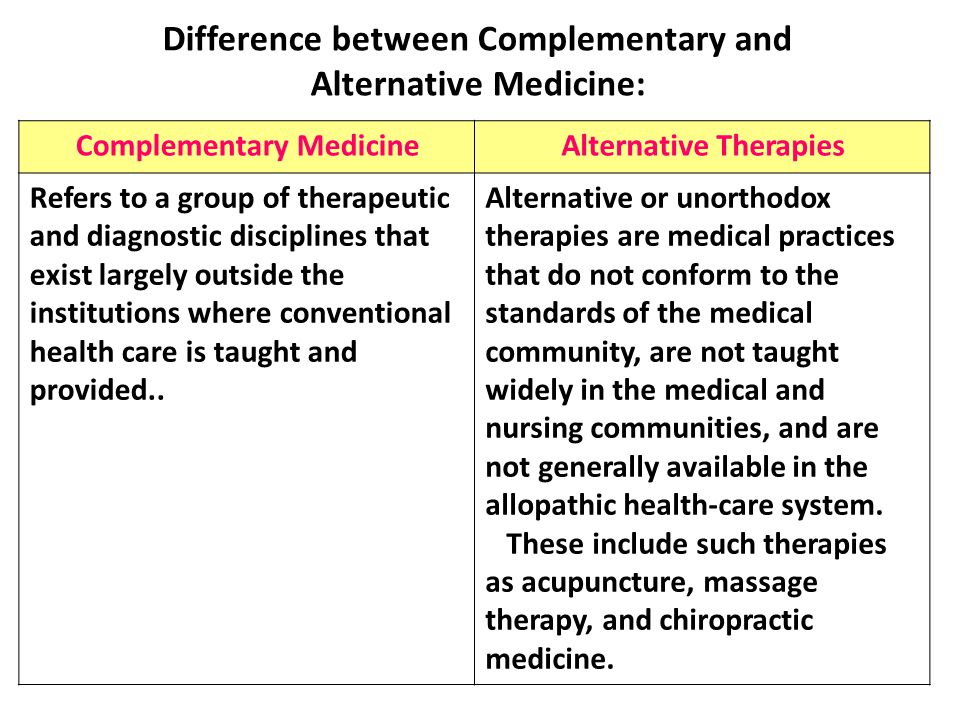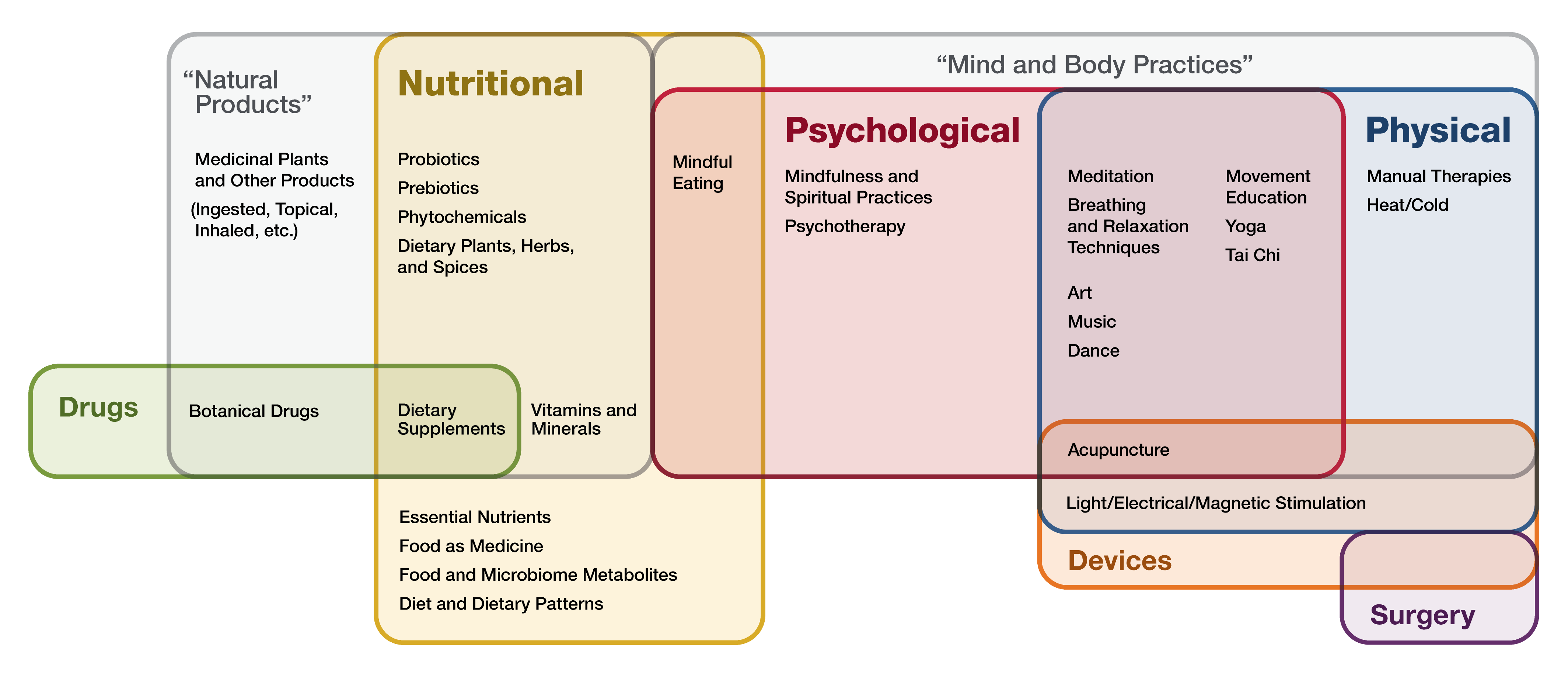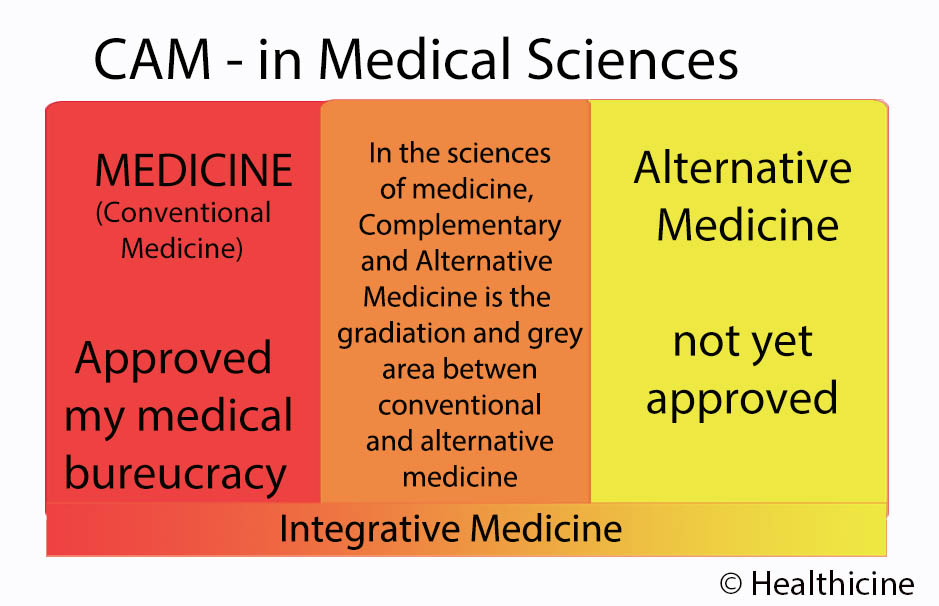Conventional medicine, also known as Western medicine or allopathic medicine, is a medical system that is based on scientific evidence and is practiced by healthcare professionals such as doctors, nurses, and pharmacists. It involves the use of drugs, surgery, and other medical technologies to diagnose and treat diseases.
Alternative medicine, on the other hand, refers to a wide range of medical practices that are not considered to be part of conventional medicine. These practices include herbal remedies, acupuncture, chiropractic, homeopathy, naturopathy, and traditional Chinese medicine, among others. Alternative medicine is often used as a complementary treatment to conventional medicine, meaning it is used in addition to, rather than instead of, mainstream treatment.
One of the main differences between conventional and alternative medicine is the way in which they approach treatment. Conventional medicine focuses on the symptoms of a disease and works to alleviate them, while alternative medicine takes a holistic approach and looks at the person as a whole, considering their physical, mental, and emotional well-being.
Another difference is the level of scientific evidence supporting each type of treatment. Conventional medicine is supported by rigorous scientific research and clinical trials, while alternative medicine is often based on anecdotal evidence and has not been as thoroughly studied. As a result, the effectiveness of alternative medicine is often difficult to determine.
There are pros and cons to both conventional and alternative medicine. Conventional medicine has the advantage of being backed by scientific research and is generally considered to be more reliable and effective. It is also widely available, with hospitals and clinics found in most communities. However, it can also have side effects, and some treatments, such as surgery, can be invasive and expensive.
Alternative medicine, on the other hand, may offer a more personalized approach to treatment and can be less expensive and less invasive. It may also have fewer side effects than conventional medicine. However, the lack of scientific evidence supporting many alternative treatments means that their effectiveness is not always clear. In some cases, alternative treatments may even be harmful.
In conclusion, both conventional and alternative medicine have their own strengths and weaknesses. It is important for individuals to weigh the pros and cons of each type of treatment and to discuss their options with a healthcare professional before making a decision. In some cases, a combination of conventional and alternative medicine may be the most effective approach to treatment.








